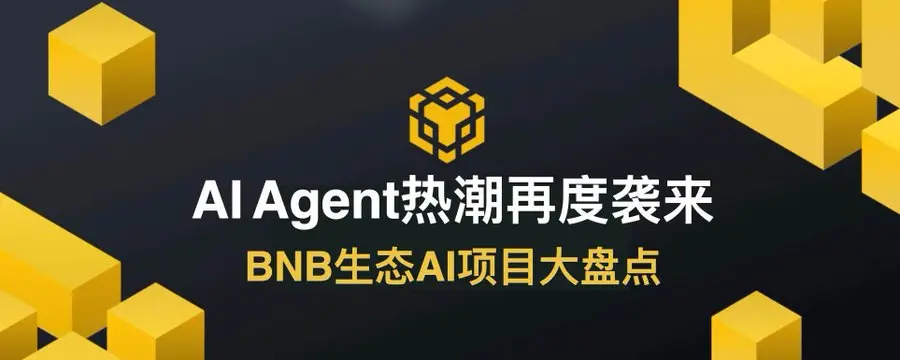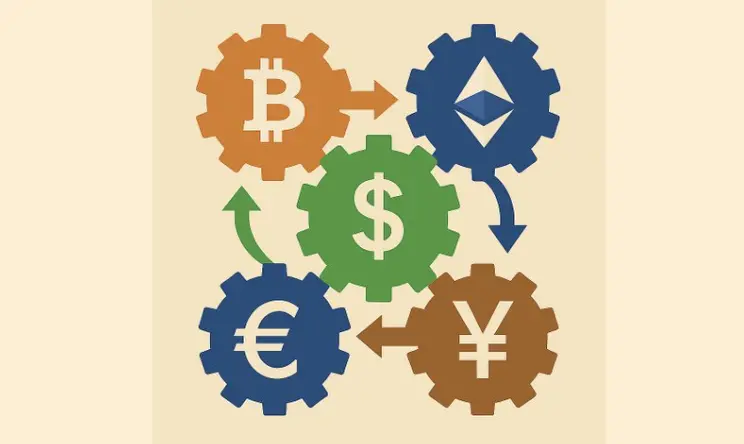Vitalik at EDCON Montenegro: Opportunities and Challenges for Ethereum
Author: Hankester, Biteye Core Contributor
Editor: Crush, Biteye Core Contributor
At this year's Black Mountain EDCON opening ceremony, Vitalik delivered a keynote speech, as always, explaining his thoughts on the blockchain industry and the development of Ethereum to the audience.
Although the content lacked very novel narratives, we could still capture some subtle changes in Vitalik's perspectives.
The editor also attended the conference in person, and below we will provide a brief summary and overview of Vitalik's keynote speech to help everyone understand the latest developments and directions of Ethereum.
1. Current State of Ethereum
Vitalik believes that although cryptocurrencies have gained better adoption compared to a few years ago, users are still not utilizing Ethereum effectively and are more reliant on centralized exchanges.
While centralized exchanges have advantages such as zero fees, speed, and account recovery, the FTX incident has proven that centralized exchanges can sometimes be unreliable.
Blockchain still needs to solve numerous issues before achieving large-scale applications, including privacy, consensus algorithm security, smart contract security, and scalability.
Currently, Ethereum has resolved the issue of consensus algorithm security, while privacy, scalability, and smart contract security remain major directions for future development.

2. Issues and Development Directions
2.1 Scalability
Vitalik believes that the reason users prefer centralized exchanges is due to Ethereum's insufficient scalability, which leads to a poor user experience for dApps.
However, there are currently many solutions dedicated to addressing scalability issues, especially some rollup solutions that have made substantial progress.
In a November 2022 article, Vitalik proposed milestones for rollups taking off training wheels, measuring the maturity of rollups based on their dependence on training wheels (external support for rollups, such as trusted centralized entities providing trust or assistance in maintaining rollups) and categorizing the development stages of rollups into stage 0 (full training wheels), stage 1 (limited training wheels), and stage 2 (no training wheels).
Currently, Polygon has entered stage 1, which is the limited training wheels state, while Optimism, Arbitrum, Scroll, Taiko, and zkSync are closely following and are very close to stage 1.

(milestones for rollups: https://ethereum-magicians.org/t/proposed-milestones-for-rollups-taking-off-training-wheels/11571)
In addition to the development of rollups themselves, Ethereum is also continuously improving. For example, EIP-4844 will continue to bring significant storage space to Ethereum, further enhancing its scalability.
In the future, sharding combined with rollups could increase Ethereum's TPS from 16 transactions to 20,000-100,000 transactions. Additionally, the scaling of ENS can unify user accounts across different rollups, providing a better experience for users, and more.

 2.2 Privacy
2.2 Privacy
Privacy remains one of the biggest challenges facing Ethereum. In addition to ordinary token transactions, users' ENS, POAPs, NFTs, and SBTs are all publicly traceable on the blockchain, lacking privacy, which is one of the basic human rights.
While advocating for the protection of ordinary users' privacy, Vitalik also proposed the Proof of Innocence scheme to prevent privacy from being misused for malicious activities such as hacking, ultimately achieving the vision of "Privacy for the weak, transparency for the powerful."


For ordinary users, Vitalik proposed the use of stealth addresses to protect user privacy, where both parties generate a temporary address for transactions before trading, thus achieving privacy.
Compared to the Tornado Cash solution, stealth addresses can not only trade ERC-20 tokens but can also be used to trade other types of assets, achieving privacy for NFT transactions and more.
To prevent privacy from being misused by hackers for fund transfers and money laundering, Vitalik proposed a zk-SNARK-based Proof of Innocence scheme to improve Tornado Cash.
In this scheme, risk addresses need to be aggregated first, generating a Merkle tree to be published on IPFS. Each user must generate a Proof of Innocence before a Tornado Cash transaction to prove they are not on the risk list. After verification, the Tornado Cash transaction can be completed, allowing users to prove their innocence without disclosing their privacy, thus achieving reasonable use of privacy.

 2.3 Account Security
2.3 Account Security
After the consensus algorithm security issue has been initially resolved, there are corresponding solutions for smart contract security, such as formal verification and the Viper language. Therefore, Vitalik believes that the importance of account security has risen above that of smart contract security.
For account security, Vitalik still advocates for multi-signature and social recovery solutions. Additionally, Vitalik mentioned the application of zk-SNARK in social recovery, where the relevant data for social recovery is hidden using zk-SNARK, and identity verification is conducted using zk-SNARK-based proofs to recover accounts.
The significance of this solution lies in making the identity verification process for social recovery no longer reliant on a specific third party, but rather allowing smart contracts or any entity that possesses open-source verification algorithms to verify users' account ownership, thereby further enhancing the decentralization of social recovery and providing a more secure account system for Ethereum.

3. Potential of zk-SNARK Technology
The most well-known application scenario for zk is the scalability of zk-rollups, but in fact, zk can be used in a much broader range of scenarios.
Compared to STARK, which has a larger proof size, SNARK, due to its simplicity and better compatibility with Ethereum, will be easier to achieve large-scale use in scenarios related to privacy, self-proof, and more, such as centralized entity accountability, voting, reputation proof, and optimizing MPC interaction methods.
In Vitalik's view, zk-SNARK, as a technology, will hold an equally important position alongside blockchain technology in the next decade.

Conclusion
Based on Vitalik's speech, the roadmap for Ethereum has not undergone significant changes, and most of the content discussed has been covered in previous articles. Vitalik himself feels that the PPT he used is very similar to the one he used during his speech in Taiwan in 2017.
However, we can also see that within the same content, there has been a subtle shift in Vitalik's focus, such as increased attention on solutions like Scroll and Taiko, the importance of account security surpassing that of smart contract security, and the status of zk-SNARK being elevated to be on par with blockchain.
At the end of his speech, Vitalik stated that with advancements in blockchain technology in terms of scalability and privacy, services provided by fully decentralized technologies could surpass centralized systems in the future.
Therefore, we can look forward to more specific application scenarios being proposed, with corresponding projects gradually emerging in the market, which is precisely the process of Ethereum's continuous development.









